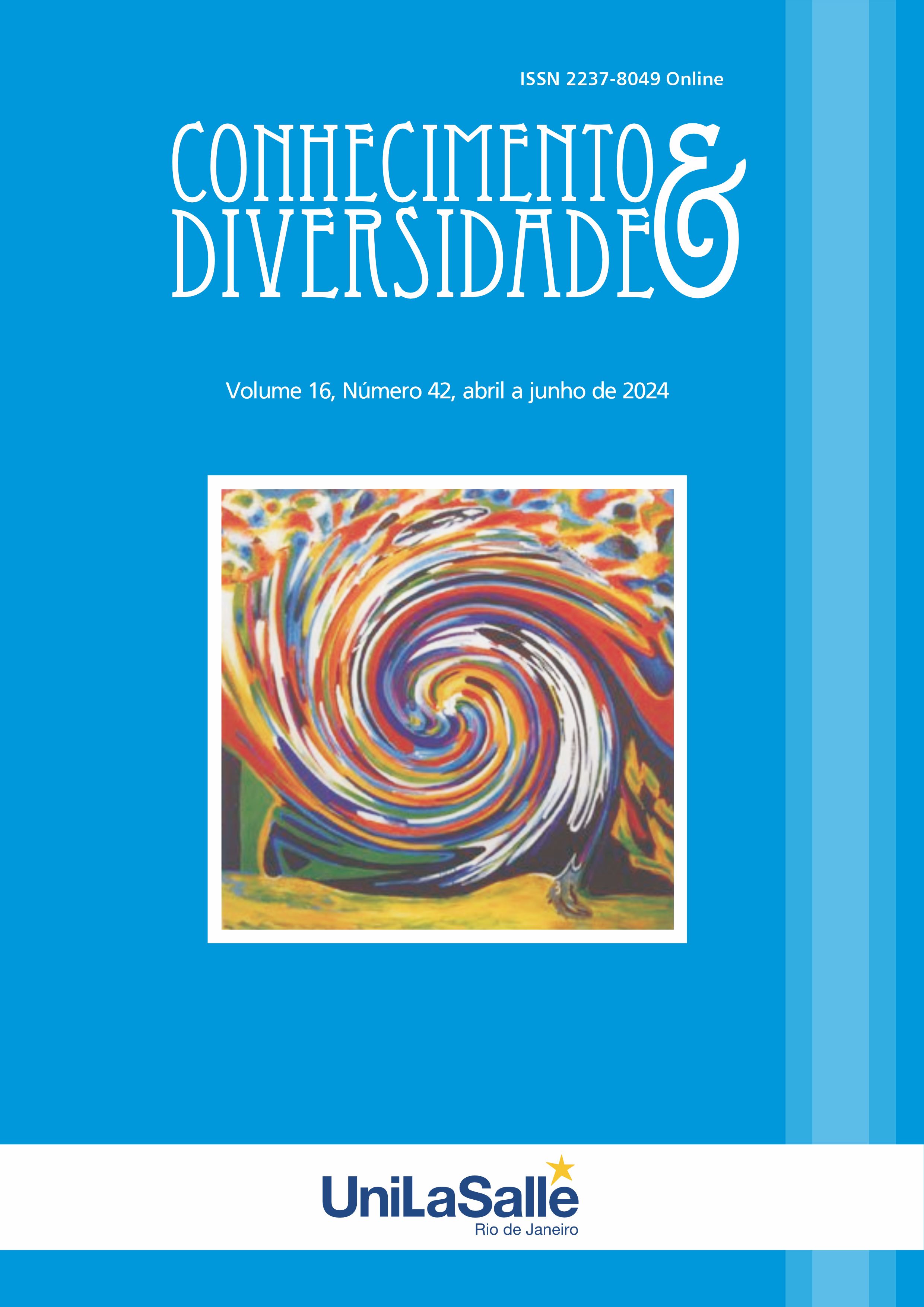THE EVOLUTION OF DIGITAL LITERACY OF EDUCATION BLOWERS
CHARACTERISTICS OF DIGITIZATION PROCESSES
DOI:
https://doi.org/10.18316/rcd.v16i42.11717Keywords:
educational environment, management, control, information environment, digitalization, communicationsAbstract
The article reveals the essence, content and structure of digital culture of undergraduate students, psychological and pedagogical features of its formation in the information and educational environment of the university. The model of the pedagogical system of formation of digital culture of undergraduate students in the information and educational environment of the university is developed and substantiated. The methodology of formation of digital culture of undergraduate students in the information and educational environment of the university is compiled. The effectiveness of the model of pedagogical system of formation of digital culture of undergraduate students in the information-educational environment of the university was checked in the process of pedagogical experimente model of the pedagogical system of formation of digital culture of undergraduate students in the information-educational environment of the university on the basis of the developed criteria of effectiveness and the compiled methodology
References
Casas, J.P. (2020). Educating the Digital Generation: Exploring the Role of Teacher Education to Prepare for Digital Learners. Journal of Teacher Education and Professional Development, 3(1), 25-39.
Gardner, H. (2013). The App Generation: How Today's Youth Navigate Identity, Intimacy, and Imagination in a Digital World. Yale University Press.
Prensky, M. (2013). Digital Natives, Digital Immigrants. On the Horizon, 9(5), 1-6.
Prensky, M. (2010). Teaching Digital Natives: Partnering for Real Learning. Corwin Press.
Iasechko, S., Pereiaslavska, S., Smahina, O., Lupei, N., Mamchur, L., & Tkachova, O. (2022). Artificial Intelligence in the Modern Educational Space: Problems and Prospects. IJCSNS International Journal of Computer Science and Network Security, 22(6), 25-32.
Tsilmak, O., Iasechko, S., Poplavska, M., Motlyakh, O., & Kabanets, O. (2022). Modern Innovative Forms of Teaching Law at Other Schools in Ukraine. Revista Eduweb, 16(4), 166-177.
Tapscott, D. (1998). Growing Up Digital: The Rise of the Net Generation. McGraw-Hill.
Turkle, S. (2011). Alone Together: Why We Expect More from Technology and Less from Each Other. Basic Books.
Mills, K. A. (2016). Literacy Theories for the Digital Age: Social, Critical, Multimodal, Spatial, Material and Sensory Lenses. Multilingual Matters.
Thomas, D., & Brown, J.S. (2011). A New Culture of Learning: Cultivating the Imagination for a World of Constant Change. CreateSpace Independent Publishing Platform.
Warschauer, M. (2004). Technology and Social Inclusion: Rethinking the Digital Divide. MIT Press.
Lankshear, C., & Knobel, M. (2008). Digital Literacies: Concepts, Policies and Practices. Peter Lang Publishing.
Jenkins, H., Et Al. (2009). Confronting the Challenges of Participatory Culture: Media Education for the 21st Century, MIT Press.
Alkali, Y. E., & Amichai-Hamburger, Y. (2004). Experiments in Digital Literacy. CyberPsychology & Behavior, 7(4), 421–429.
Bawden, D. (2001). Information and digital literacies: A review of concepts. Journal of Documentation, 57(2), 218–259.
Bawden, D. Origins and concepts of digital literacy. In C. Lankshear & M. Knobel (Eds.). (2008). Digital literacies: Concepts, policies and practices (pp. 17–32). Peter Lang Inc.
Espinosa, E. O. C., Ruiz, J. A. C., & Mercado, M. T. C. (2021). The Training of the Digital Competence at the Postgraduate Level for a Knowledge-Based Economy. In IT and the Development of Digital Skills and Competences in Education, pp. 82–99.
Esteve-Mon, F., Cela-Ranilla, J. M., & Gisbert-Cervera, M. (2016). E Teach3D: Designing a 3D virtual environment for evaluating the digital competence of preservice teachers. Journal of Educational Computing Research, 54(6), 816–839.
European Commission (2019). Key competencies for lifelong learning. DOI: 10.2766/569540.
Downloads
Published
Issue
Section
License
Copyright (c) 2024 Petro Koval, Tetiana Korzhova , Nadiia Kyrylenko , Lesya Lebedyk , Roman Tyagur

This work is licensed under a Creative Commons Attribution 4.0 International License.
As recommended by the Public Knowledge Project, RCD adopts for its articles a CREATIVE COMMONS Attribution CC BY 4.0 license.
This license allows others to distribute, remix, adapt and build upon your work, even commercially, as long as they credit you for the original creation.
This is the most appropriate license offered.
Recommended for maximum dissemination and use of licensed materials.



